More parents are opting to homeschool their children – and there’s more to the trend than the ‘risk-free trial’ offered by COVID-era restrictions.
Heidi Ryan says it took until her eldest child reached year 11 to realise mainstream school was doing her three children more harm than good.Heidi Ryan supervises her daughter’s wig styling ahead of a cosplay convention.Like her two older children, now 24 and 20, her youngest daughter, 16, is autistic. Each struggled with the teaching style at school and so, six years ago, Ryan decided to become both teacher and mother.
A speech therapist, Ryan said not having to follow standardised assessments took the pressure off and allowed activities and subjects to be child-led. “It was like a risk-free trial,” English said of enforced homeschooling under COVID restrictions. “People got a taste of how family life could be organised, and once they tried it many didn’t go back.”
Families who chose to homeschool need to register with the Victorian Registrations and Qualifications Authority, which audits 10 per cent of homeschooling households a year. Parents are not required to follow a prescribed curriculum or provide progress reports, but they do need to submit lesson plans covering eight key learning areas.
Philippines Latest News, Philippines Headlines
Similar News:You can also read news stories similar to this one that we have collected from other news sources.
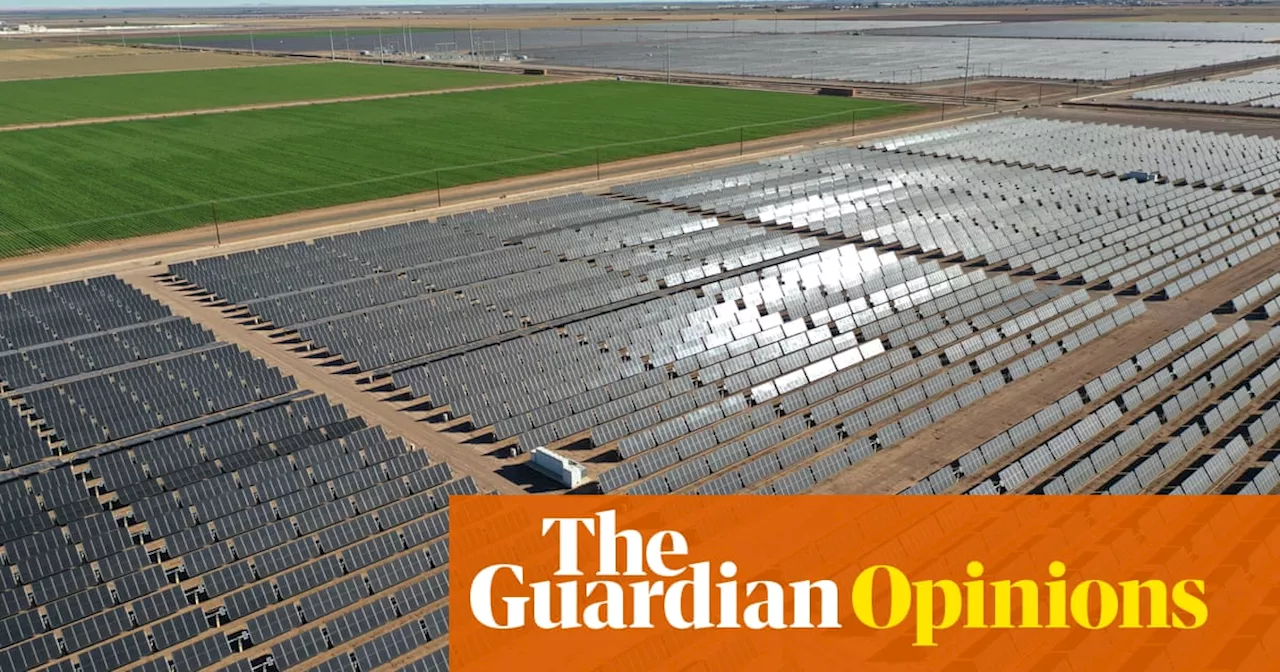 It doesn’t make sense: why US tariffs on Chinese cleantech risk the green transitionGlobal demand for renewable energy is surging so why make solar panels, wind turbines and EVs dearer for western consumers?
It doesn’t make sense: why US tariffs on Chinese cleantech risk the green transitionGlobal demand for renewable energy is surging so why make solar panels, wind turbines and EVs dearer for western consumers?
Read more »
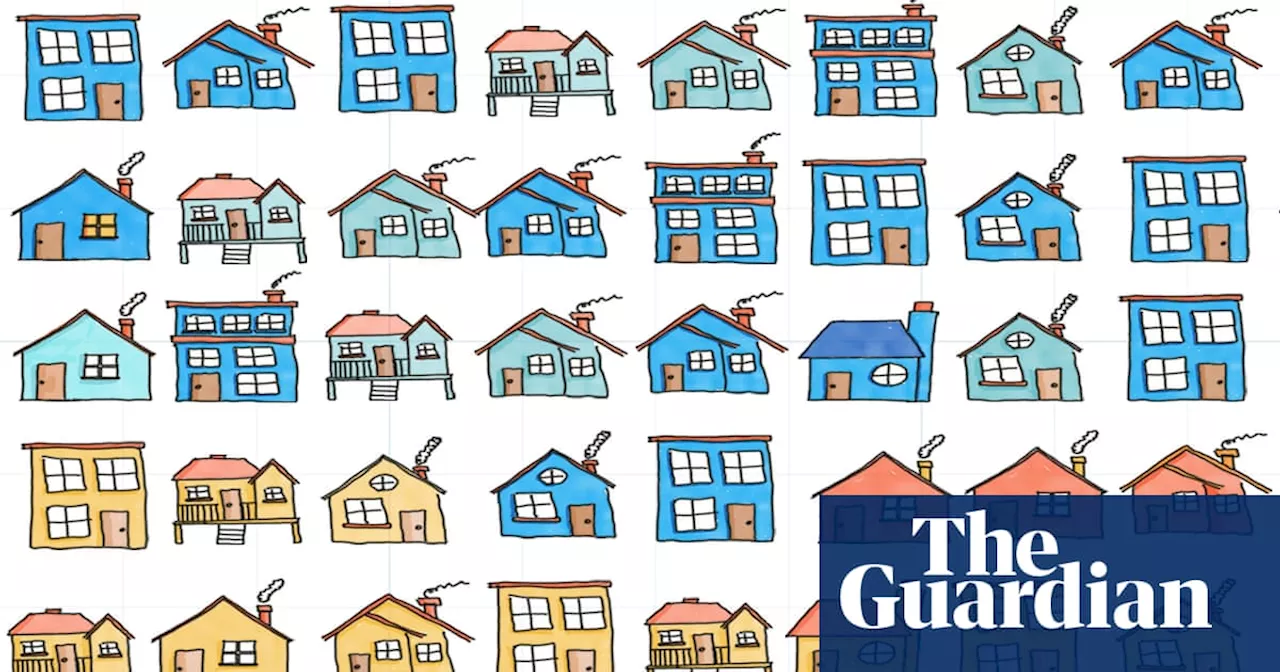 Why so many Australian homes are either too hot or too coldChances are the reason you’re cold right isn’t just because of a polar air mass – it’s because millions of Australian houses are poorly insulated
Why so many Australian homes are either too hot or too coldChances are the reason you’re cold right isn’t just because of a polar air mass – it’s because millions of Australian houses are poorly insulated
Read more »
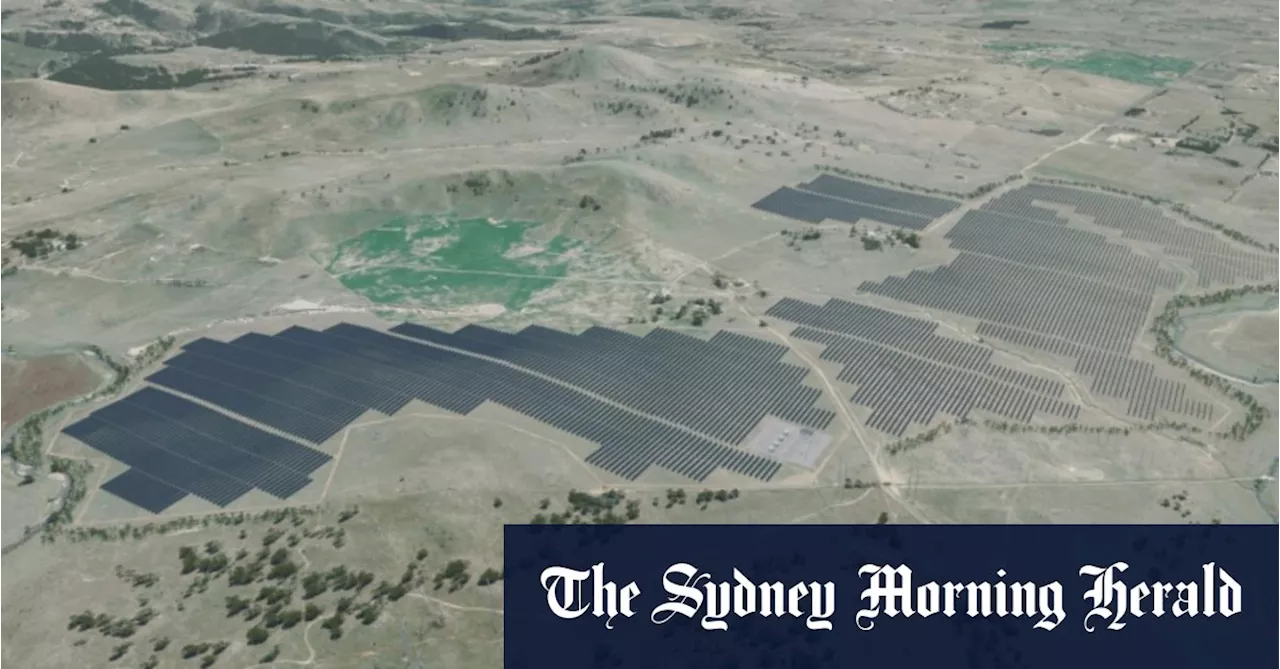 Why this council is opposing a $170m solar farm that would power 48,000 homesA 100-megawatt solar farm is the latest flashpoint over the construction of renewable energy projects in regional Australia.
Why this council is opposing a $170m solar farm that would power 48,000 homesA 100-megawatt solar farm is the latest flashpoint over the construction of renewable energy projects in regional Australia.
Read more »
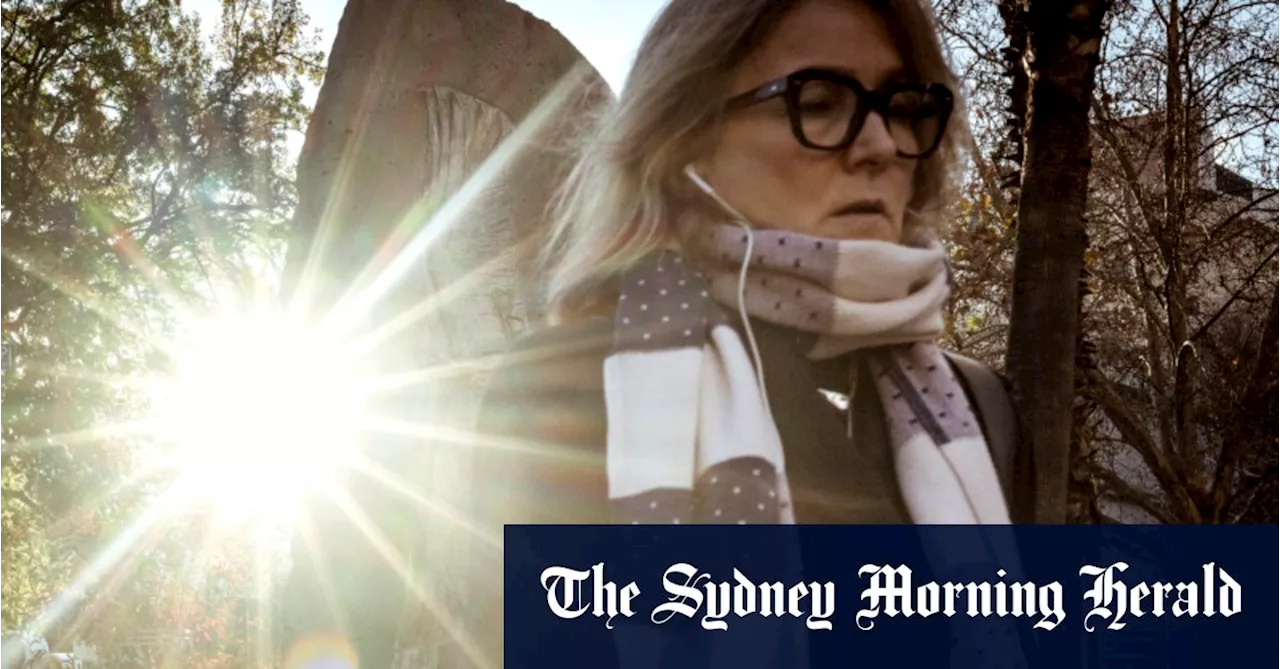 Two stars out of 10: Why most Australian homes are poorly heatedHomes built before 2003 are typically inefficient, leading to higher energy bills and increased greenhouse emissions. But experts say there are simple things you can do.
Two stars out of 10: Why most Australian homes are poorly heatedHomes built before 2003 are typically inefficient, leading to higher energy bills and increased greenhouse emissions. But experts say there are simple things you can do.
Read more »
 Two stars out of 10: Why most Australian homes are poorly heatedHomes built before 2003 are typically inefficient, leading to higher energy bills and increased greenhouse emissions. But experts say there are simple things you can do.
Two stars out of 10: Why most Australian homes are poorly heatedHomes built before 2003 are typically inefficient, leading to higher energy bills and increased greenhouse emissions. But experts say there are simple things you can do.
Read more »
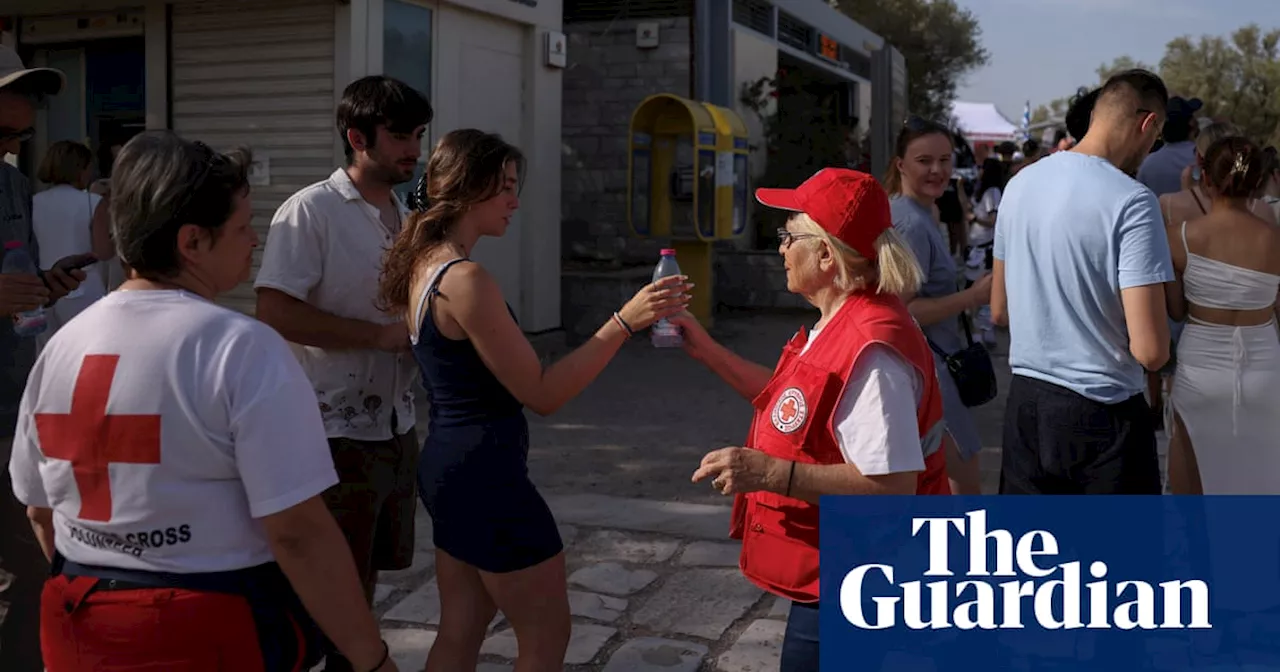 Visitors to Greece appear ill informed about heatwave risk, warn rescuersCall for better trail signage and backing for walking clubs as concerns grow over tourists encountering searing heat
Visitors to Greece appear ill informed about heatwave risk, warn rescuersCall for better trail signage and backing for walking clubs as concerns grow over tourists encountering searing heat
Read more »
